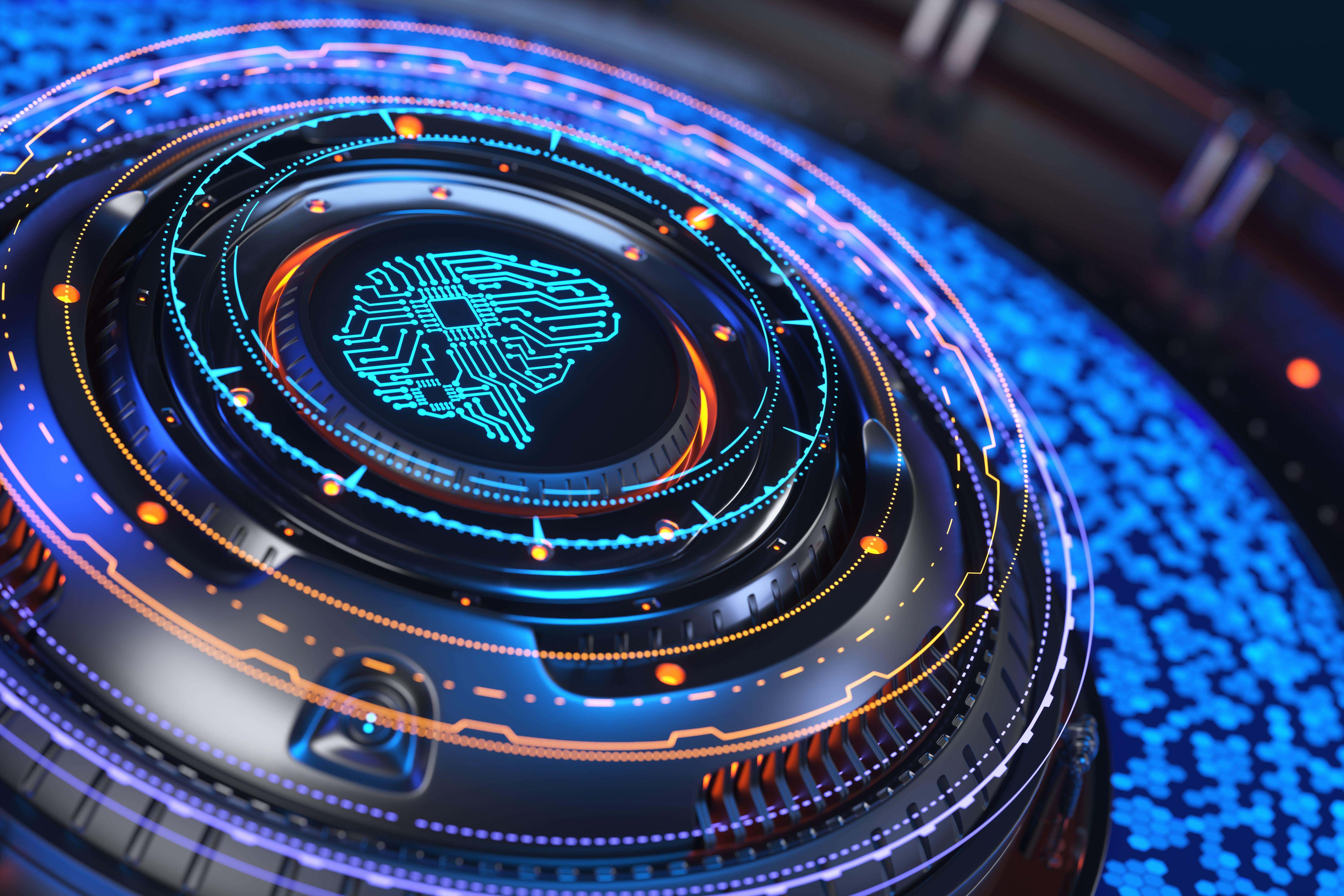AI-driven fake news an urgent global risk ahead of major elections – report
But climate change leading to extreme weather events remains the biggest concern over the long term, according to the World Economic Forum’s survey.

The spread of AI-driven misinformation has become the biggest and most urgent risk for global business leaders, as UK voters are expected to take to the polls for a general election this year, a new study has revealed.
But climate change leading to extreme weather events remains the biggest concern over the long term, according to the World Economic Forum’s (WEF) annual survey.
The poll of more than 1,400 global risk experts, policymakers and industry leaders revealed major concerns that false information will be used to further widen societal and political divides.
It comes at a time of conflict in regions including the Middle East and Ukraine, which leaders fear will be worsened by new technologies.
Artificial intelligence (AI) is expected to fuel the spread of false news, amid the rise of “deepfake” videos appearing on social media.
The business leaders polled said they thought misinformation and disinformation – the latter of which refers to news deliberately intended to deceive people – is the biggest worldwide risk over the next two years.
It overtakes the cost-of-living crisis as the most urgent threat, according to the analysis by the WEF and compiled with Marsh McLennan and Zurich Insurance Group.
Close to three billion people are expected to face elections in several countries including Bangladesh, India, Mexico, the UK and the US over the next two years, the WEF said.
UK Prime Minister Rishi Sunak said he was working toward a general election in the second half of the year.
The report comes as business leaders are set to convene in Davos later this month for the WEF annual meeting, which this year is themed “rebuilding trust”.
Meanwhile, climate change remains a mammoth concern for business leaders, with extreme weather events viewed as the most severe risk over the next decade.
And the cost-of-living crisis has stayed in focus, with the economic risks of inflation and the risk of an economic downturn included in the top 10.
The individual actions of citizens, companies and countries can move the needle on global risk reduction, contributing to a brighter, safer world
Saadia Zahidi, managing director of the WEF, said: “An unstable global order characterised by polarising narratives and insecurity, the worsening impacts of extreme weather and economic uncertainty are causing accelerating risks – including misinformation and disinformation – to propagate.
“World leaders must come together to address short-term crises as well as lay the groundwork for a more resilient, sustainable, inclusive future.”
But John Scott, the head of sustainability risk at Zurich Insurance Group, pointed out that emerging risks also provide “opportunities” for people and companies to work together to minimise their impact.
“The individual actions of citizens, companies and countries can move the needle on global risk reduction, contributing to a brighter, safer world,” he said.
Subscribe to Independent Premium to bookmark this article
Want to bookmark your favourite articles and stories to read or reference later? Start your Independent Premium subscription today.
